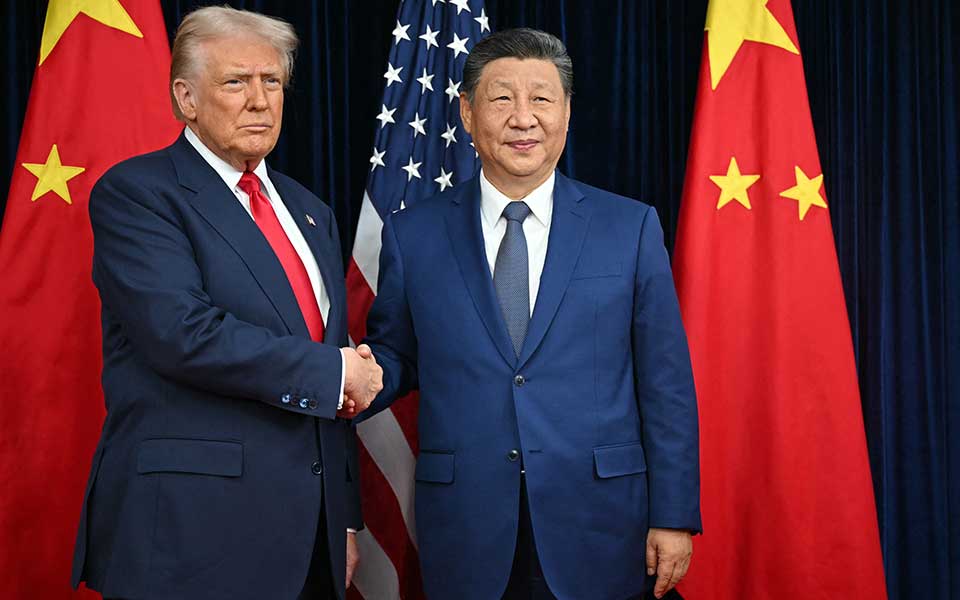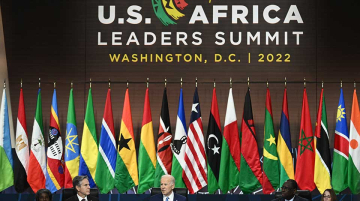
By Lukas Fiala
Who needs Michael Myers this Halloween when a look at this year’s major headlines should send shivers down the spine of even a seasoned observer of international relations? Amidst all the mayhem, the apparent deal between the U.S. and China might seem like a flicker of hope for those longing for more stability.
Announced on the sidelines of the APEC summit in South Korea on Thursday, the agreement is effectively a year-long truce to – hopefully – avoid further escalation. It requires Washington to lower the “fentanyl tariff” to 10% and delay further trade sanctions in exchange for Beijing deferring rare earths export controls and increasing purchases of American soya beans.
While it is encouraging to see the two great powers in dialogue, the deal is of course little more than a temporary truce. The underlying factors driving strategic competition on both sides are still in place and will remain so for the foreseeable future.
With all eyes on South Korea, however, the Trump-Xi meeting also demonstrated once more who we believe really matters in international politics – and who must suffer the consequences.
Indeed, with the advent of strategic competition in the U.S.-China relationship, the tendency to focus on the two “consequential actors” has become exacerbated, drowning out a lot of other equally important issues. From forced labour and human rights to climate change and debt, geopolitics has eclipsed some of the most pertinent headlines of the pre-COVID era. The forgotten war in Sudan is a case in point, with civilians paying the price of external powers acting with impunity.
I’ve been observing this trend on a personal level, too. In conversations with policy makers, students and colleagues, great power politics have become the be all and end all. We’ve become so hyperfocused on President Trump’s social media feed that many other issues fall by the wayside.
At least from my vantage point, this “geopoliticisation” of our public debate corresponds to the reassertion of national characteristics in the context of the unravelling of globalisation and the recession of liberal universalism.
Some may cynically point to the demise of the liberal international order as primarily a Western problem. And of course they have a point, given it was the North Atlantic West that benefitted substantially from an order that left many others excluded or at the very least struggling to catch up.
The promised multipolar world order, however, may not result in more equality either. For instance, with the U.S. and China agreeing to change trade rules on a whim, Global South exporters have little choice but to adapt to changing demand and market access. The U.S.-led international system may be on its way out, but the absence of liberalism does not necessarily mean emancipation. It seems that even in a particularist world, the weak will unfortunately suffer what they must for the powerful to do what they can.
Lukas Fiala is the project head of China Foresight at LSEIDEAS.






